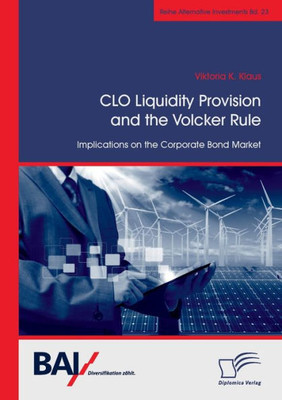Sale

Regulation After the Financial Crisis. Impact on Corporate Bond Market Liquidity
$25.19
$22.50
Grin Verlag





